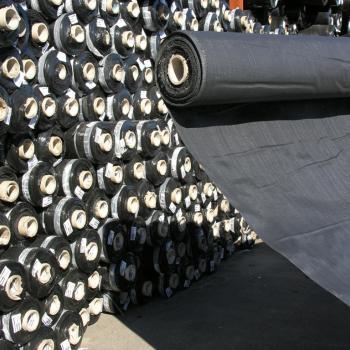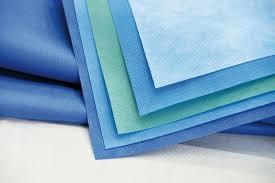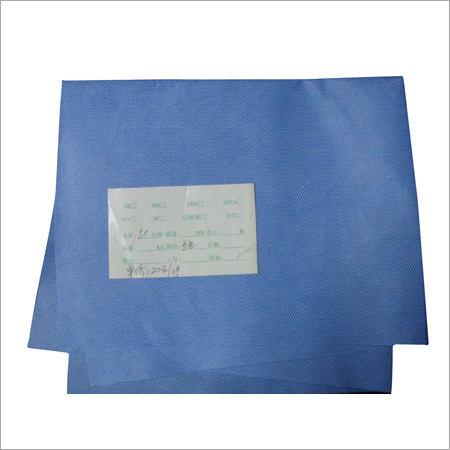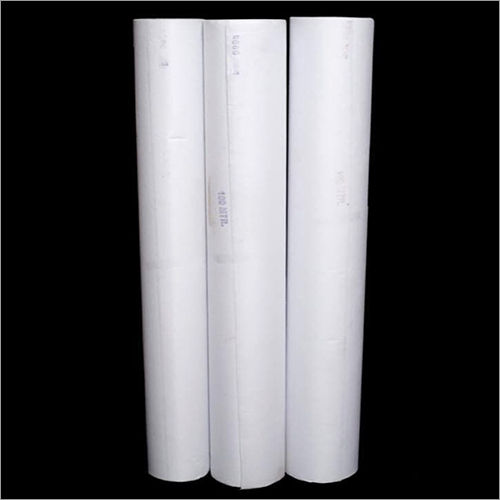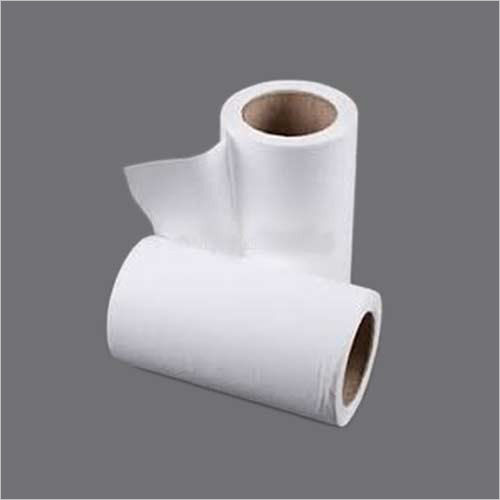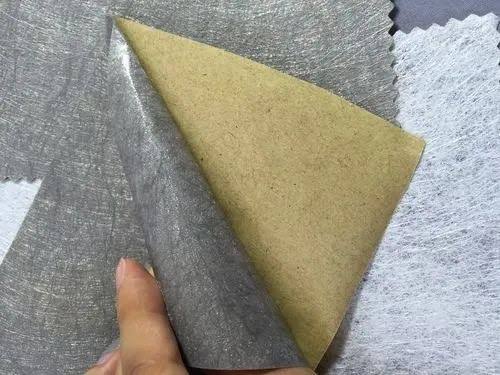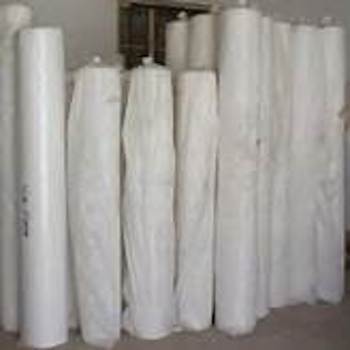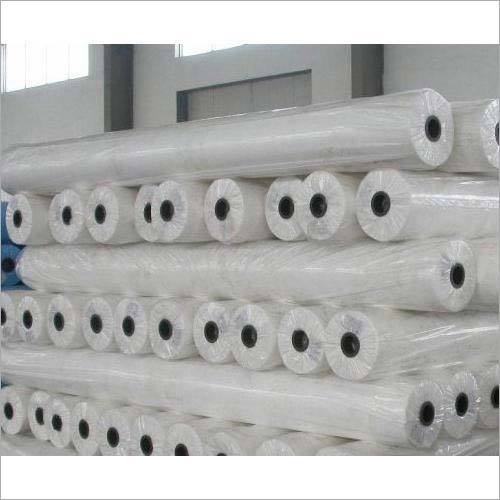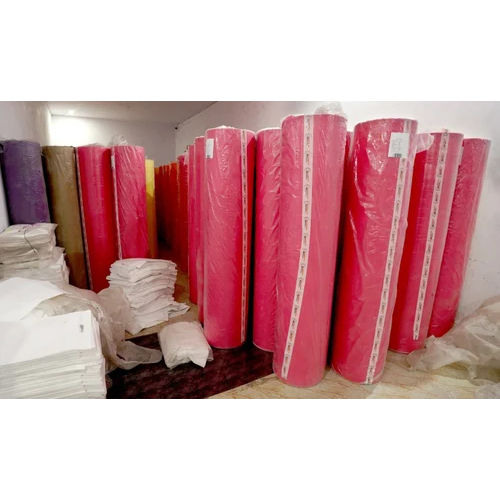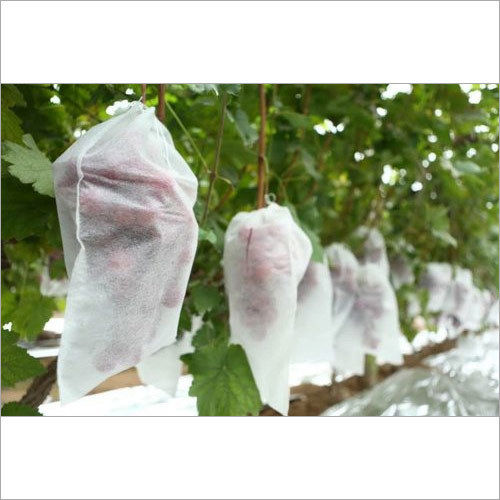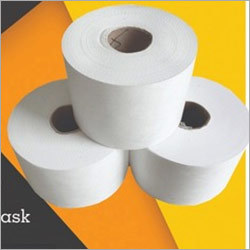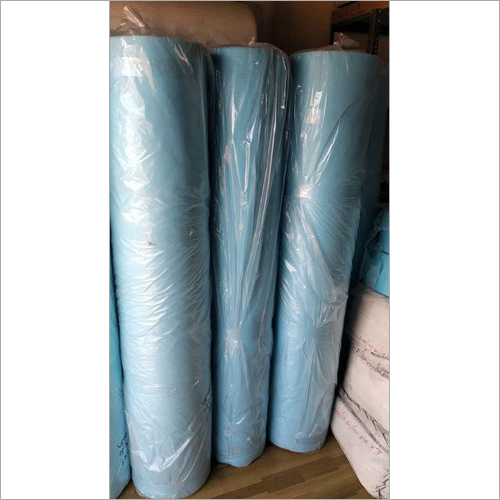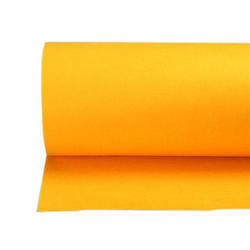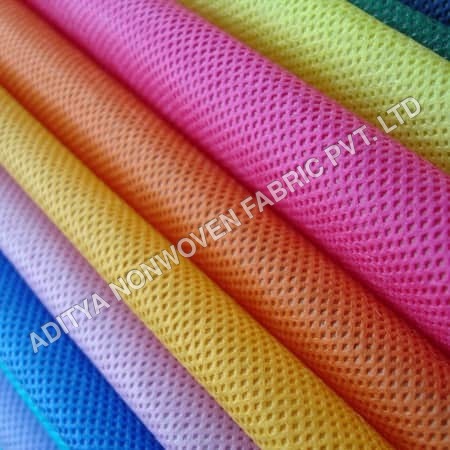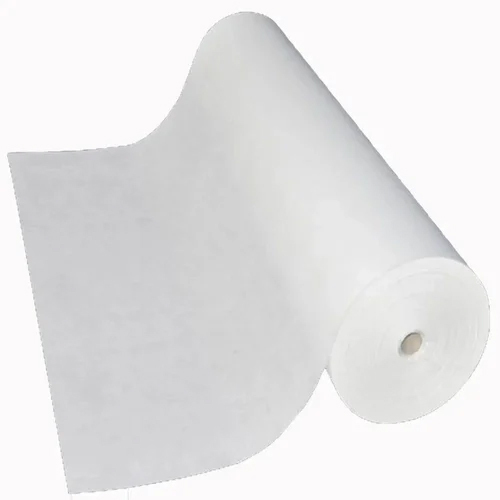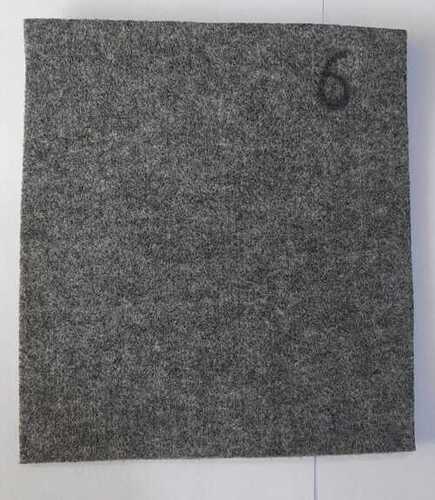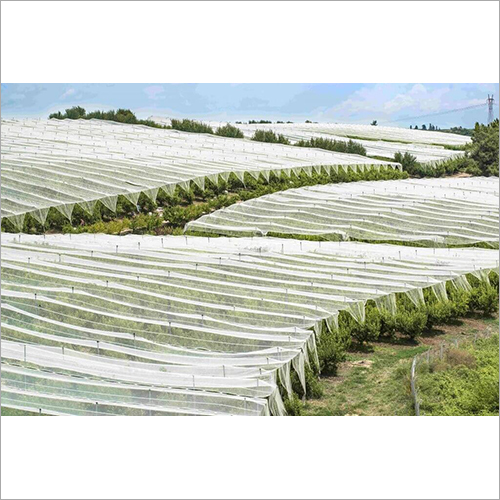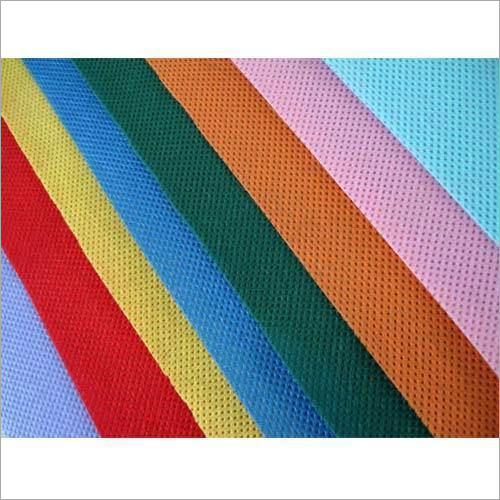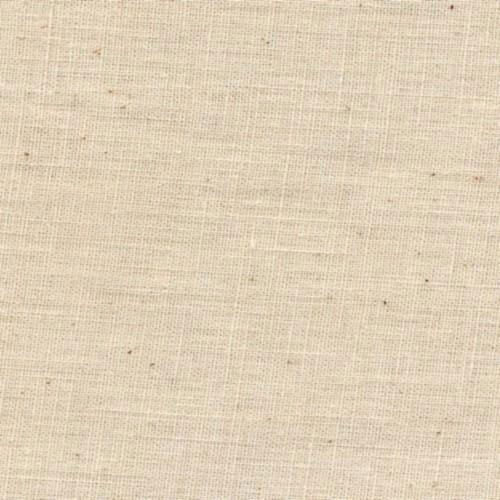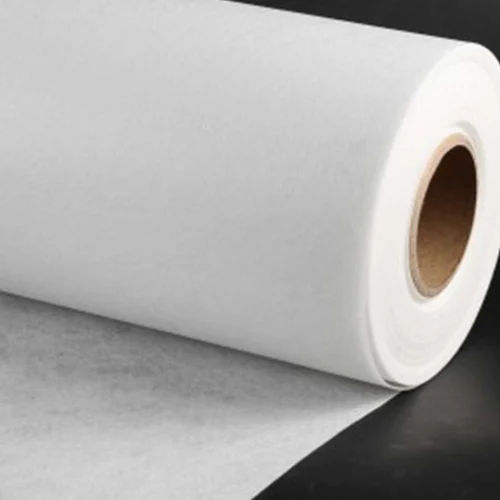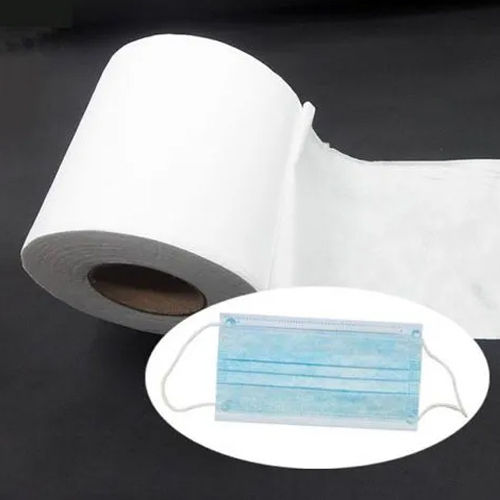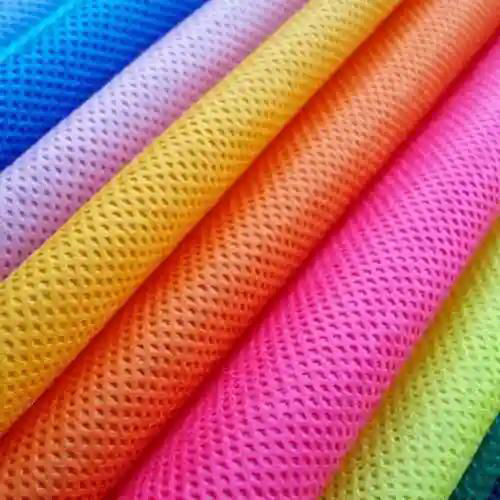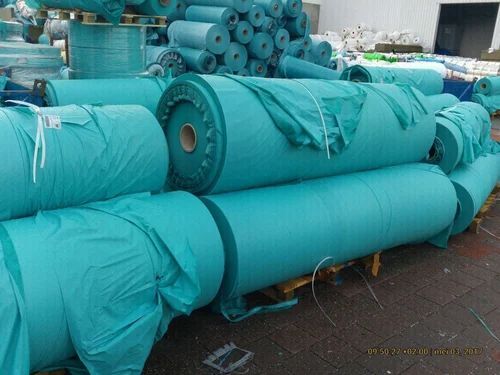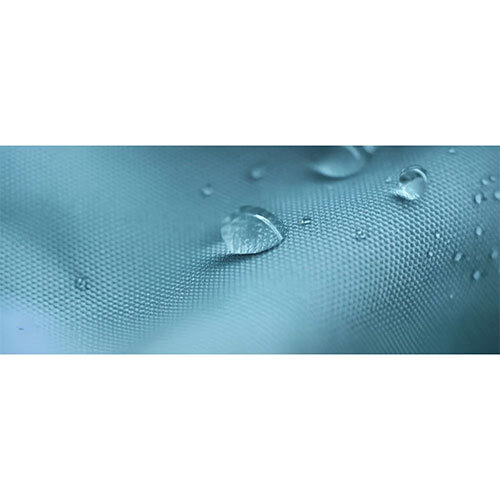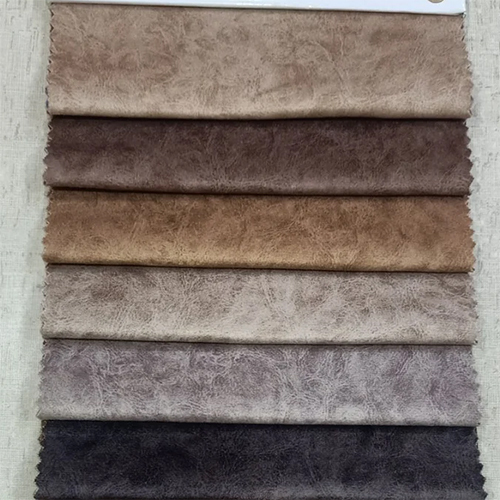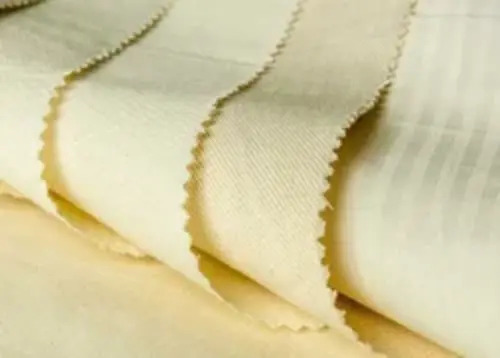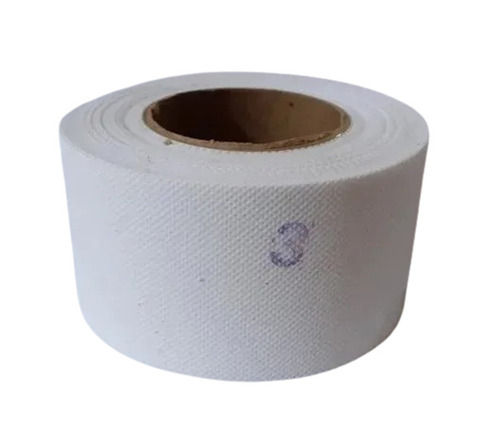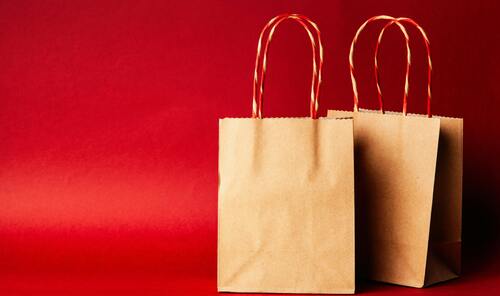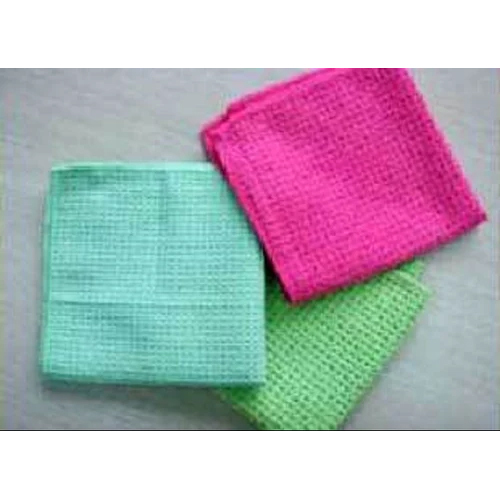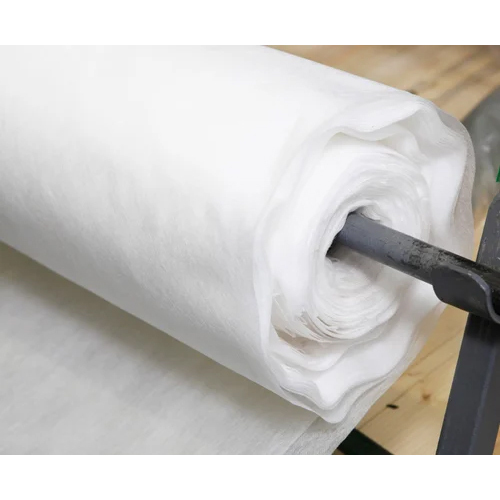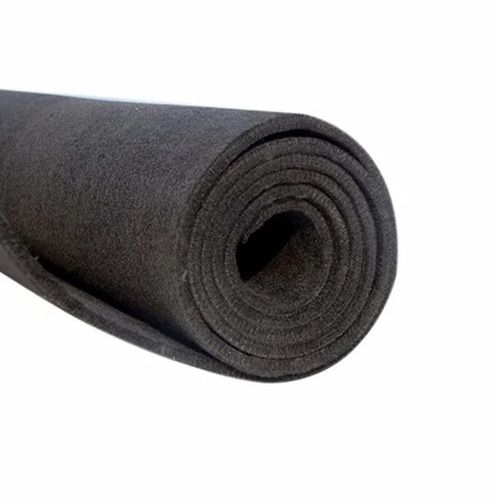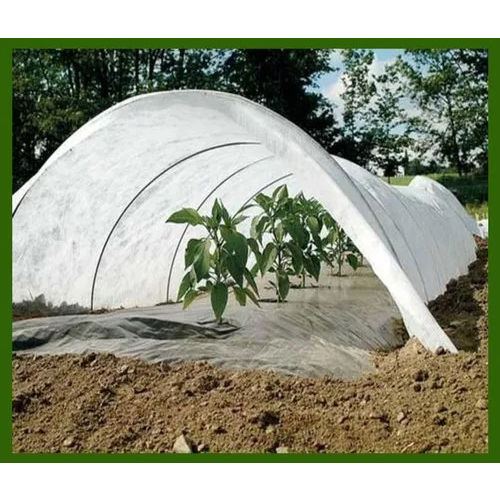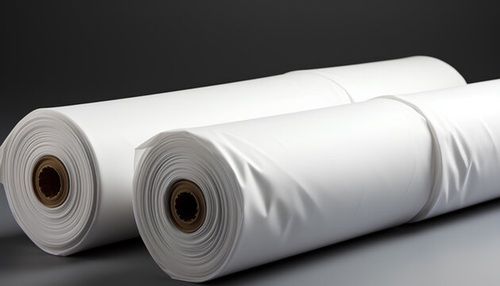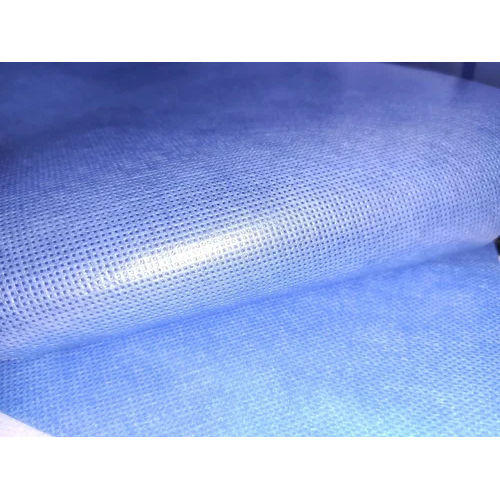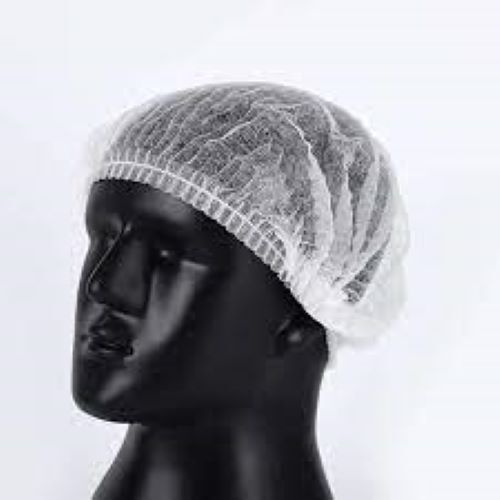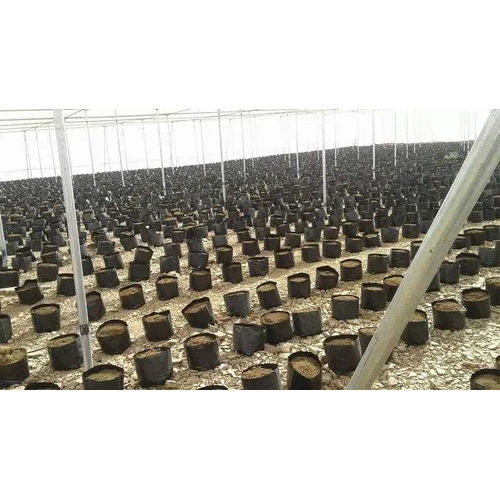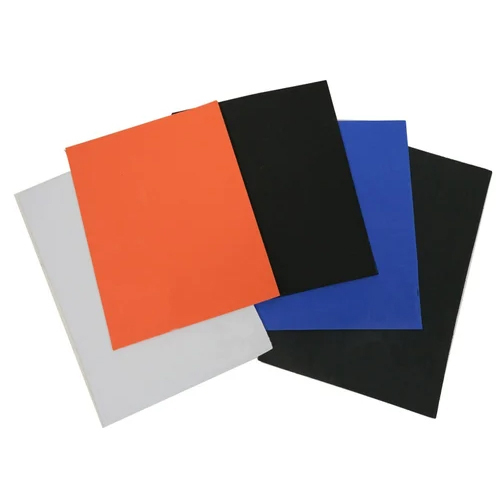Non Woven Fabric
(2621 products)Spunbond Nonwoven Fabric - Durable and Lightweight Material | Versatile Applications Across Industries
175 INR (Approx.)/Kilograms
MOQ2000 Kilograms/Kilograms,
LengthCustomizable length
WidthCustomizable width
StyleOther, Standard
PatternPlain
Fabric CapacityHigh durability
FeatureBreathable durable lightweight, Other
Different Available Laminated Non Woven Fabric
130 INR (Approx.)/Kilograms
MOQ400 Kilograms/Kilograms
StylePlain
Fabric TypeS
ColorDifferent Available
FeatureLight Texture, Fast Colors, Smooth, Light in Weight
PatternPlain
Yarn TypePolypropylene
Ssmms Nonwoven Fabric
Price: 350 INR/Kilograms
MOQ1000000 Kilograms/Kilograms
PatternPlain
ColorBlue
Fabric MaterialPolypropylene
TextureNon Woven
Recommended SeasonOther
Non Woven Fabrics - Durable Synthetic Material, Versatile Applications for Medical, Industrial, and Consumer Use
Price Trend: 2.58 - 2.78 USD ($)/Kilograms
MOQ5 Kilograms/Kilograms
Supply Ability5000 Ton/Tons Per Month
Delivery Time7-10 Days
Shanghai Vico Industrial Co., Ltd
Shanghai
White Non Woven Fusing Fabric - Premium Soft Texture, High Tear Strength | Washable, Optimal Fabric Compatibility, Easy Dyeing
Price: 8 INR/Meter
MOQ100 Meter
FeatureWashable
TechnicsWoven
TextureSoft
General InstructionsHand Wash
Face Mask Raw Material
Price Trend: 80.00 - 120.00 INR/Kilograms
MOQ1000 Kilograms/Kilograms
Supply Ability50 Per Day
Delivery Time2 Hours
Sample AvailableYes
Raw White Pva Non Woven Fabric
Price Trend: 2.00 - 3.00 USD ($)/Kilograms
MOQ10000 Kilograms/Kilograms
FeatureOther
TechnicsOther
PatternPlain
ShrinkageWater Soluble
Fabric TypeWater Soluble
Fabric Capacity10000 MT/Month
East Asia Textile Technology Ltd.
Shanghai
Any Colours 63 Inch Non Woven Fabric
Price: 143 INR/Kilograms
MOQ100 Kilograms/Kilograms
PatternPlain
FeatureLight in Weight
ColorAny Colours
StylePlain
Fabric MaterialNon Woven
TextureNon Woven
Plastic Apron Non Woven Gown Application: Construction
Price Trend: - 1.60 USD ($)/Unit
MOQ1000 Unit/Units
PatternOther
StyleOther
FeatureWaterproof, Tear-Resistant, Smooth, Other
TechnicsWoven
TextureNon Woven
Recommended SeasonAutumn, Summers, Rainy, All, Other, Winters
Dongguan Yihong New Material Co., Ltd
Dongguan
 Trusted Seller
Trusted Seller6 Years
Non Woven Fruit Cover - Lightweight, Eco-Friendly Material | Tear Resistant, Seamless Finish, Available in Various Sizes and Colors
MOQAs per requirement Piece/Pieces
Payment TermsOthers, Cheque
Delivery Time1 Week
Packaging DetailsPlastic packaging
White Meltblown Non-Woven Fabric
Price: 220 INR/Kilograms
MOQ500 Kilograms/Kilograms,
PatternPlain
StylePlain
ColorWhite
Fabric MaterialNon Woven, Pure Non Woven
Non-Woven Fabric - Cotton-Polyester Blend, 70 GSM 63 Inch White Roll | Soft Texture, Laminated Bond, Multi-Use for Garments, Wipes, and Protective Clothing
MOQ1 Kilograms/Kilograms
FeatureOther
TechnicsWoven
PatternPlain
StylePlain
Fabric Materialcotton - polyester blended
Bond TypeLaminated
Non Woven Bag Fabric - Water-Resistant, Non-Toxic, Highly Durable and Efficient Material | Customizable Sizes Available
Payment TermsCash on Delivery (COD), Cash Against Delivery (CAD), Days after Acceptance (DA), Cash in Advance (CID), Cheque, Cash Advance (CA)
Sample AvailableYes
Sample PolicyContact us for information regarding our sample policy
Different Available Non Woven Fabric For Carry Bags
Price: 130 INR/Kilograms
MOQ400 Kilograms/Kilograms
PatternPlain
ColorDifferent Available
Fabric TypeS
Yarn TypePolypropylene
StylePlain
Fabric MaterialNon-woven
Nonwoven Non Woven Base Fabric For Synthetic Leather
Price Trend: 75-105 INR/Meter
MOQ1000 Meter/Meters
Length44"
Weight10-30 mm
Width150-300 gsm
Fabric Materialnonwoven
Color DetailWhite & Black
Virgintex Nonwoven Fabric - 50-100 GSM, Soft Plain Rolls | White Color, Durable and Long-Lasting for Textile and Garment Sectors
Price Trend: 100.00 - 150.00 INR/Kilograms
MOQ2000 Kilograms/Kilograms
StylePlain
TechnicsKnitted
PatternPlain
ColorMulti Color
Length1524 Millimeter (mm)
Weight50-100 Grams (g)
Non Woven Laminated Sheet - Color: Blue
Price: 175 INR/Kilograms
MOQ1000 Kilograms/Kilograms
FeatureWaterproof
PatternPlain
StylePlain
ColorBlue
Fabric MaterialNon Woven
Bond TypeThermal Bonded
Texspun Eco Green Bags Private Limited
Rajkot
White Pp Non Woven Fabric - Fabric Material: Polypropylene
Price: 110 INR/Kilograms
MOQ100 Kilograms/Kilograms
ColorWhite
PatternPlain
Usage & ApplicationsIndustrial
FeatureAnti-Wrinkle
Fabric MaterialPolypropylene
Needle Punch Non Woven Felt Fabric - 200x2.1 Meter, Black, White, Grey | Polyester Material, Smooth Texture, 120gsm Weight
MOQ10 Roll/Rolls
FeatureOther, Smooth
StylePlain
Width2.1MTR Meter (m)
Length200 Meter (m)
Fabric TypePolyester
PatternPlain
White & Black Uv Resistant Non Woven Fabric
Price Trend: 170.00 - 200.00 INR/Kilograms
MOQ2000 Kilograms/Kilograms
ColorWhite & Black
Fabric MaterialNon Woven Fabric
Bond TypeSpun Bonded
TexturePlain
Recommended SeasonAll
General InstructionsHand Wash
Polypropylene Non Woven Fabric - Durable 100 GSM, Versatile for Medical and Industrial Applications
Price Trend: 80-175 INR/Kilograms
MOQ1000 Kilograms/Kilograms
StyleSimple, Other
ColorMulti-color
Fabric CapacityVersatile and Durable
WidthCustomizable
FeatureOther, Lightweight Durable Breathable
TechnicsOther, Non Woven Technology
Pp Non Woven Cloth
Product DescriptionWe are involve in offering superior quality PP Non Woven Cloth. These PP Non Woven Clothes are made from high quality of raw material which ensure durability at its user end. These products are available in market at most economical rates.\015\012\015\012We are also offering--\015\012# Jute Products
Non Woven Fabric - 63" to 66" Minimum Size, White Color, Light in Weight, Plain Pattern | Hand Washable Material
Price Trend: 101.00 - 153.00 INR/Kilograms
MOQ200 Kilograms/Kilograms
FeatureLight in Weight
PatternPlain
ColorWhite
Fabric MaterialNon Woven
General InstructionsHand Wash
White Non Woven Fabric - Spun Bonded Woven Material, Flocked Patterned Texture for Garment Applications
Price: 102 INR/Kilograms
MOQ100 Kilograms/Kilograms
Fabric TypeGarments
ColorWhite
PatternFlocked
TechnicsWoven
Fabric MaterialWoven
Bond TypeSpun Bonded
Bapasitaram Enterprise
Surat
 Premium Seller
Premium Seller2 Years
Meltblown Non Woven Fabric - Color: White
Price: 250 INR/Kilograms
MOQ100 Kilograms/Kilograms
TechnicsOther, Non Woven
PatternPlain
ColorWhite
Fabric MaterialMelt Blown Non Woven Fabric
TextureSoft
Recommended SeasonAll
Pumv International
Ghaziabad
 Trusted Seller
Trusted Seller3 Years
VKV Non Woven Fabric
Payment TermsCash Advance (CA)
Main Export Market(s)Western Europe, Asia
Main Domestic MarketAll India
Different Available Coloured Nonwoven Fabrics
Price: 400 INR/Meter
MOQ100 Meter
FeatureAnti-Wrinkle
ColorDifferent Available
TextureSmooth
Recommended SeasonAll
General InstructionsMachine Wash
Latest From Non Woven Fabric
Ready To Ship Non Woven Fabric
The Versatility of Non-Woven Fabric
Non-woven fabric is a versatile fabric material that is utilized for several applications. Due to its special characteristics, it is a well-liked option in the textile business. Non-woven textile is created by attaching fibers together without the use of weaving or knitting methods, in contrast to woven fabrics. It gives the fabric a great strength and longevity while also making it lightweight, flexible, and simple to deal with. The breathability of non-woven fabric is one of its main advantages, making it perfect for usage in goods like masks, medical gowns, and other healthcare accessories. Because of its absorbent qualities, the non-woven fabric is utilized in hygiene items, including baby diapers and sanitary napkins.
Benefits of Non-Woven Fabric
Because of its benefits, non-woven fabric has become a well-liked textile that is growing increasingly common in many sectors. The reasonable price and ease of manufacturing process of this flexible fabric represent some of its greatest benefits. This fabric is a great choice for individuals who want to create top-notch items without going beyond their budget. It additionally possesses the apparent benefits of being lightweight and permeable, which makes it a desirable choice for clothing, healthcare equipment, and various other applications. The non-woven fabric is also excellent for use in demanding applications like commercial filtration, geotextiles, and automobile parts because of its toughness and resistance to damage.
Production Process of Non-Woven Fabric
Non-woven fabric is manufactured by going through a number of phases, each of which enhances the fabric's qualities and features.
The choice of raw materials is the very first step in the manufacturing process. The picked raw materials are melted down and formed into small filaments after choosing. After that, these filaments are placed randomly in a particular pattern on a moving conveyor or drum. The web-forming process, which is essential for establishing the fabric's strength and rigidity, is referred to as web formation. Bonding is the next stage in the manufacturing process. There are a number of ways to bind, including thermal, mechanical, and chemical bonds. The non-woven fabric goes through finishing procedures, including calendering, coating, and printing after bonding. Calendering is the process of pressing cloth between heated rollers to enhance its surface texture and smoothness. While printing enables customization and branding, the coating offers further qualities like water resistance or fire retardancy.
Applications of Non-Woven Fabric
Non-woven cloth has applications in many different sectors. The cloth is used to make many different things, like clothing, bedding, and upholstery. The packaging sector is one of this fabric's key applications. Due to its strength and resistance to ripping, it is used to make bags, pouches, and wrapping materials. In order to create geotextiles, roofing materials, and insulation goods, the material is also widely employed in the construction and automotive sectors. Additionally, it is utilized in agriculture to create crop coverings and plant protection products.
Environmental Impact of Non-Woven Fabric
Non-woven fabrics are more ecologically friendly than traditional woven textiles since they have several positive effects on the environment. Non-woven fabrics are easily reused or recyclable, decreasing the quantity of waste that is deposited in landfills. As they have no requirement to be woven, these textiles generally utilize less energy during the manufacturing process, particularly electricity and water, resulting in decreased water consumption and carbon dioxide emissions. These textiles can also be created from natural resources like plant fibers as an ecologically acceptable substitute for artificial textiles. In addition, as these materials are frequently lightweight and compact, fewer containers may be used to carry them, reducing the quantity of carbon dioxide generated.
Durability and Strength of Non Woven Fabric
Because of its exceptional strength and durability, non woven fabric is a material that has kept its appeal across multiple industries. A distinctive manufacturing process produces a finished fabric that is resilient, long-lasting, and capable of surviving prolonged usage and challenging environmental circumstances. This textile has durability that makes it stronger and tougher in comparison to other fabrics. It is an ideal choice for situations where typical woven textiles are unlikely to hold well over time due to their capacity to withstand exposure to damaging temperatures and pollutants. This fabric is a dependable option for goods requiring long-lasting toughness and power, regardless of whether they serve a purpose in building, filtering, or shipping.
FAQs: Non-Woven Fabric
Q. What is the difference between woven and nonwoven fabric?
Ans. Fabrics are woven or nonwoven, which are distinct kinds of materials. Traditional methods of weaving are employed for producing woven fabrics, interlacing the fibers to form an integrated and resilient fabric. The warp and the weft strands must be woven together in this method, which uses a loom to make the material. On the other hand, an approach other than weaving is employed to create nonwoven textiles. Instead, various methods, including heat, chemicals, or pressure, are employed for gluing the fibers altogether. As a result, rather than featuring a woven pattern, the fabric comprises a web of fibers.
Q. What is non-woven fabric good for?
Ans. Its price-effectiveness, among its primary benefits, provides a great choice for makers seeking to generate superior products at an affordable price. It is frequently utilized in the production of garments and various other items where comfort is critical due to its airy and lightweight characteristics. It is excellent for use in heavy-duty applications due to its remarkable durability and capacity to withstand damage and stress. It is a common fabric for furniture and decorative items due to its range of patterns and hues.
Q. Is non-woven fabric comfortable?
Ans. Depending on its intended application and the materials employed in its creation, the non-woven fabric may be comfortable. It also provides additional advantages that add to the comfort. For instance, the fabric is breathable, light, and moisture-wicking, which can assist in regulating body temperature and avert discomfort brought on by perspiration. It could additionally be manufactured to be non-allergenic, making it an excellent choice for anybody with fragile skin.
Q. Is non woven fabric cotton?
Ans. No, non woven fabric is not cotton. However, this fabric might possess qualities in common with cotton, like softness and airflow.
Manufacturers & Suppliers of Non Woven Fabric
Company Name | Member Since |
|---|---|
Kt Exports India Pvt Ltd. Mumbai, India | 22 Years |
Shree Balaji Exports Kolkata, India | 20 Years |
Jhanji Textiles (P) Ltd. New Delhi, India | 19 Years |
Mittal Polyfil Bhiwani, India | 16 Years |
Shanghai Vico Industrial Co., Ltd Shanghai, China | 14 Years |
Aditya Nonwoven Fabric Pvt. Ltd. Bhiwani, India | 14 Years |
Shivam Polymers Vadodara, India | 13 Years |
Vimal Industries Regd Kala Amb, India | 11 Years |
Sudh Priya Plastichem (P) Ltd. Delhi, India | 9 Years |
East Asia Textile Technology Ltd. Shanghai, China | 7 Years |
Popular Products


